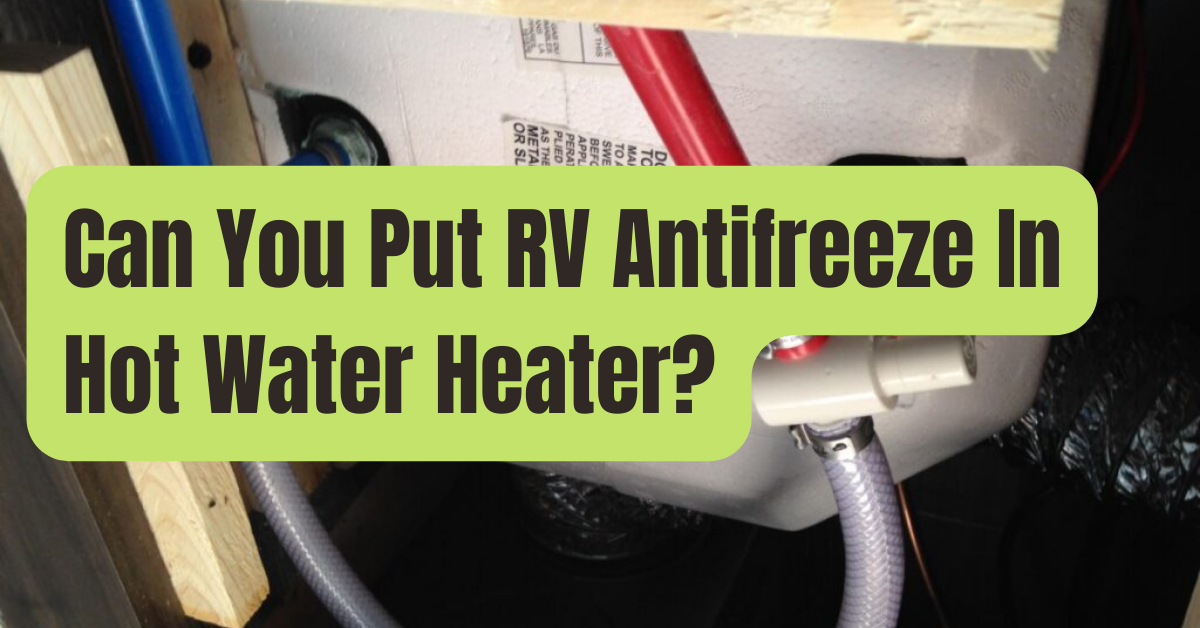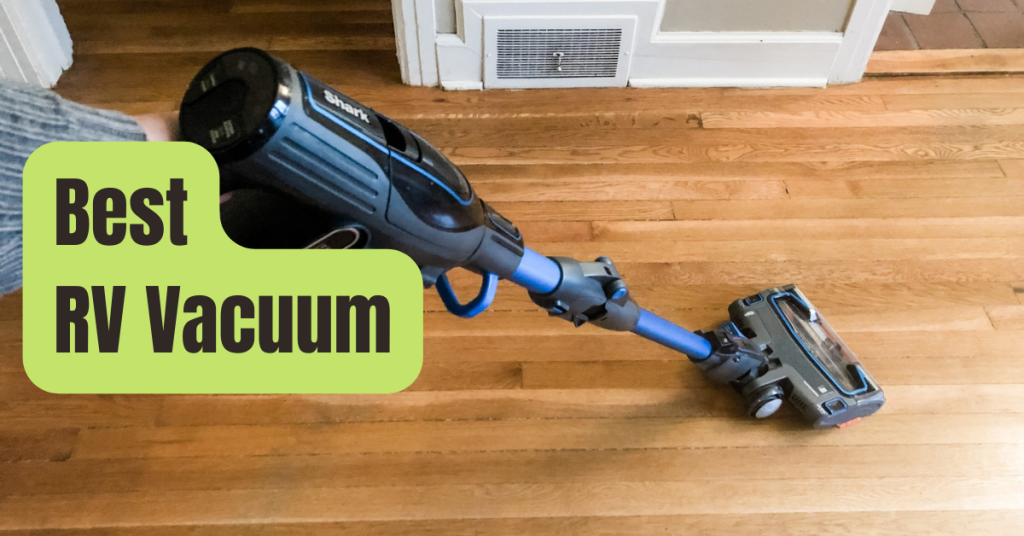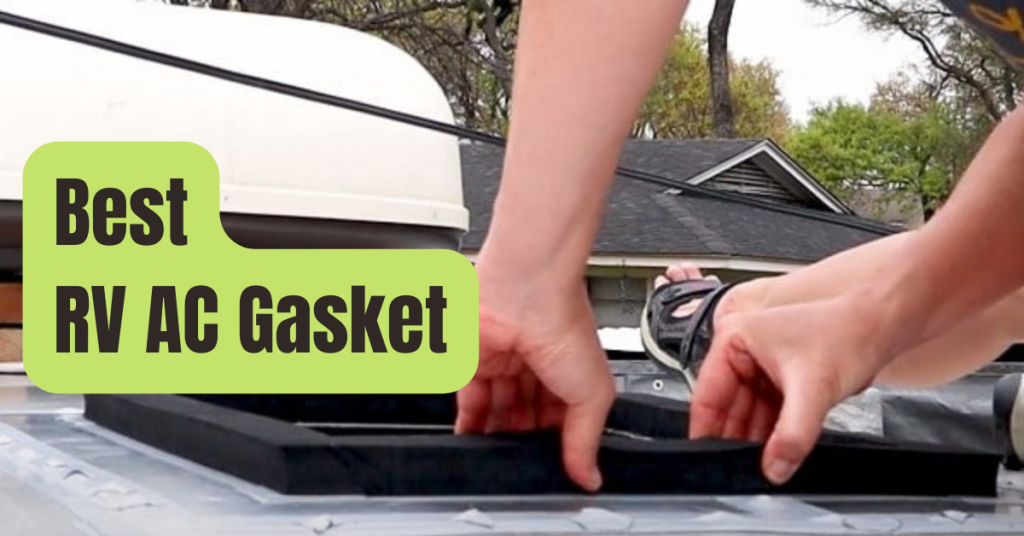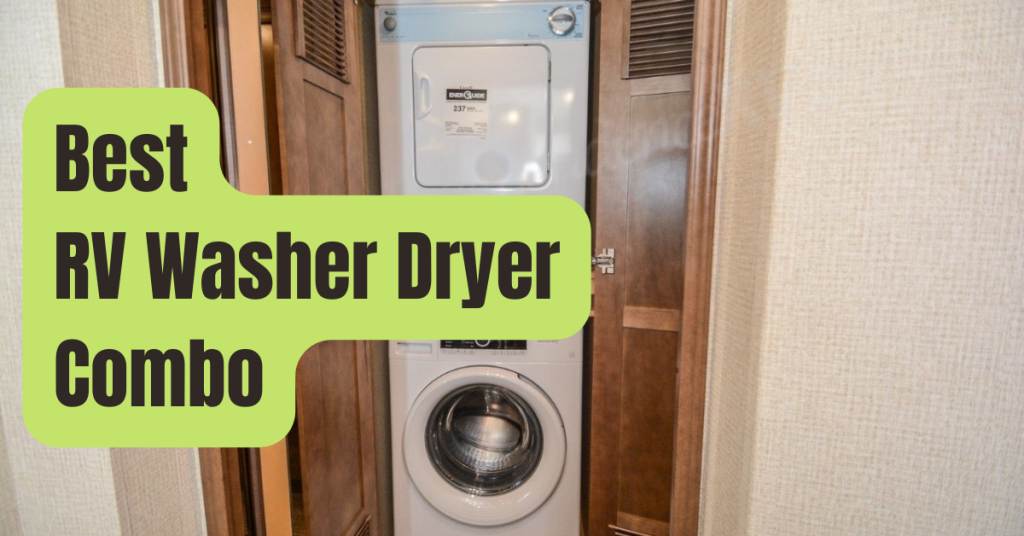Can RV antifreeze be used in a hot water heater? In the hot water system, RV antifreeze is OK.
Although the antifreeze won’t harm the tank, remember to clean it out before using it again in the spring.
However, since it often goes against manufacturer recommendations, we don’t advise adding antifreeze to the hot water system.
To stop water from freezing and bursting in an RV’s plumbing system, antifreeze may be applied.
It will help you prevent having to pay for pricey plumbing repairs.
The majority of RV antifreeze is harmless to animals and may be drunk.
The majority are environmentally friendly since they are constructed mostly of biodegradable materials.
RV antifreezes may be alcohol-, propylene-, ethanol-, propylene-glycol-, or ethanol-based.
RV antifreeze is available in diluted solutions that are pre-mixed and ready to use.
It is simple to operate and does not need blasting water out of plumbing pipes.
The majority of RV antifreeze has a burst safety temperature rating of -50 degrees Fahrenheit.
So that you may use it in your drinking water system without worrying that it will harm your kids or animals if they consume the antifreeze, you should choose a non-toxic solution.
The majority are safe for the environment and have a lengthy shelf life, making them perfect for anyone wishing to purchase antifreeze in large quantities.
Think about making an investment in colored antifreeze to help find plumbing system leaks.
In comparison to a diluted formula, a concentrated formula is often less costly and lasts longer.
Give formulations with additional chemicals that help maintain the health of your water and sewage system first priority.
Can you use antifreeze in a water heater? Particularly if you are adding antifreeze to the plumbing system, totally drain the water heater and leave it closed off (out of the system) in the bypass position.
The anode rod may be severely corroded by antifreeze.
How is antifreeze removed from an RV? Any residual water should be blown away to prevent the antifreeze from being diluted.
After you’re done, disconnect the air compressor, shut off all of the faucets and the petcock, and cover all of the drains in your RV with new caps.
Install the pump upstream of the water tank after first cutting the water connection that connects the fresh water pump to the water tank.
How does RV antifreeze work? A liquid solution known as RV antifreeze is used to guard against the implications of very low temperatures on the plumbing systems of recreational vehicles.
The rv water pipes are slender and small, and when the temperature drops in the winter, they begin to freeze.
After then, the pipes begin to expand, which causes them to burst and cause water to splash.
Can I fill my freshwater tank with RV antifreeze? The holding tanks of your RV should be filled with about two gallons of antifreeze.
However, the size of the tank will obviously affect this.
You may just need to use one gallon of the stuff if your tank is smaller.
I have a freshwater tank.
Can I add RV antifreeze to it?
FAQs
How is antifreeze pumped through an RV?
To safeguard the drain valves and seals, add one quart of special RV antifreeze to the gray and black tanks.
You should also put antifreeze in the pipe traps.
Repeat this procedure in all sink and shower drains.
To preserve the flush valve and seals on the toilet, add roughly a pint of water to the bowl.
The antifreeze for RVs is PINK.
My water heater: Will RV antifreeze damage it?
Although the antifreeze won’t harm the tank, remember to clean it out before using it again in the spring.
By doing this, you may remove the antifreeze without interfering with the plumbing’s ongoing winterization process.
How should my RV’s fresh water tank be winterized?
– Remove and bypass any inline water filters if you have any before beginning.
– Empty the holding tank for fresh water.
– Flush and drain the holding tanks for gray and black waste.
– Remove the water heater’s tank.
– Turn on all hot and cold faucets, and don’t forget the outdoor shower and toilet handle.
Should I always keep my RV water heater on?
The hot water heater’s lifespan won’t be shortened or the system in any way hurt by this.
The answer is that although it is not harmful to leave it on constantly, it is better for the environment and your
wallet to just use it when you really need it.
Do RV antifreeze and my septic system conflict?
Ethylene glycol is poisonous in addition to harming a septic system.
However, when used in the right amounts, the propylene glycol or ethanol found in RV antifreeze are both safe for your septic system and won’t harm it.
How is antifreeze pumped inside an RV?
The intake pipe of the pump is connected to an RV antifreeze bottle.
Start pumping after opening the water pipes within your rig.
Concentrate on one faucet at a time, starting with the hot water side and moving to the cold.
The faucet will start to leak pink antifreeze.
What are some uses for RV antifreeze?
A sizable portion of it may be emptied into a big bucket before being properly disposed of.
Open drains and drain the non-toxic RV antifreeze from the system into a container is another option if the RV antifreeze you used is biodegradable.
Do septic systems be harmed by antifreeze?
Although antifreeze is bad for the microorganisms in your septic system, that little bit shouldn’t be harmful.
What should not be disposed of in septic tanks?
Napkins, food scraps, paper, plastic, and sanitary goods like condoms are some items that might seriously clog your system.
Is it possible to use RV antifreeze in a water heater?
Although the antifreeze won’t harm the tank, remember to clean it out before using it again in the spring.
Is it okay to spill RV antifreeze on the ground?
Even though RV antifreeze is non-toxic and biodegradable, you shouldn’t pour it on the ground.
RV antifreeze is still a chemical, thus spilling it on the ground might have a variety of negative environmental effects.
How can I extend the life of the hot water in my RV? Does antifreeze from RVs hurt grass?
No, most of the time RV antifreeze won’t destroy grass.
Propylene glycol, which is used to make RV antifreeze and is harmless, will be substantially diluted in the water system of an RV before being emptied.
Should I add antifreeze to the water heater in my RV?
It is advised that you install a water heater bypass if your RV does not already have one in order to avoid having to add antifreeze to the water heater.
Most individuals will need between one and three gallons of non-toxic RV anti-freeze, depending on the size of their RV and how it is configured.
How can I extend the life of my RV’s water?
– Cook less.You can save water if you meal prep and plan your meals.
– Avoid wasting water.
– Less showering.
– Use a high-pressure showerhead.
– When you fill the fresh water tank, fill the water heater as well.
– Invest in a composting toilet.
– Fit aerators to all of your faucets.
– Take a solar-powered shower.
How should my RV’s hot water heater be winterized?
– Remove and bypass any inline water filters if you have any before beginning.
– Empty the holding tank for fresh water.
– Flush and drain the holding tanks for gray and black waste.
– Remove the water heater’s tank.
– Turn on all hot and cold faucets, and don’t forget the outdoor shower and toilet handle.
How can RV antifreeze be used to winterize a home?
For RVs or boats, add a cup or two of biodegradable antifreeze to each toilet’s bowl and back.
Add a cup or two of biodegradable antifreeze to each drain in the bathtub, shower, and sink.
Set the water heater’s control to “pilot” or “vacation.” Turn off every faucet.
Where should RV antifreeze be placed?
To safeguard the drain valves and seals, add one quart of special RV antifreeze to the gray and black tanks.
You should also put antifreeze in the pipe traps.
Repeat this procedure in all sink and shower drains.
To preserve the flush valve and seals on the toilet, add roughly a pint of water to the bowl.
The antifreeze for RVs is PINK.
Do you fill the freshwater tank with RV antifreeze?
Never add antifreeze to your fresh water tank so that it may be pumped through the system into your water supply.
This is ineffective and will use a lot of antifreeze.
Even after the tank has been emptied, some water is still present at the bottom, mixing with the antifreeze and lowering its degree of protection.
Is the antifreeze used in plumbing and RVs the same?
The majority of RVers are informed enough to understand the significant difference between RV antifreeze and car antifreeze.
A brief summary is provided below in case you missed it.
RV antifreeze is designed to be pumped into the plumbing system and is non-toxic.
A completely distinct animal is automotive antifreeze.










